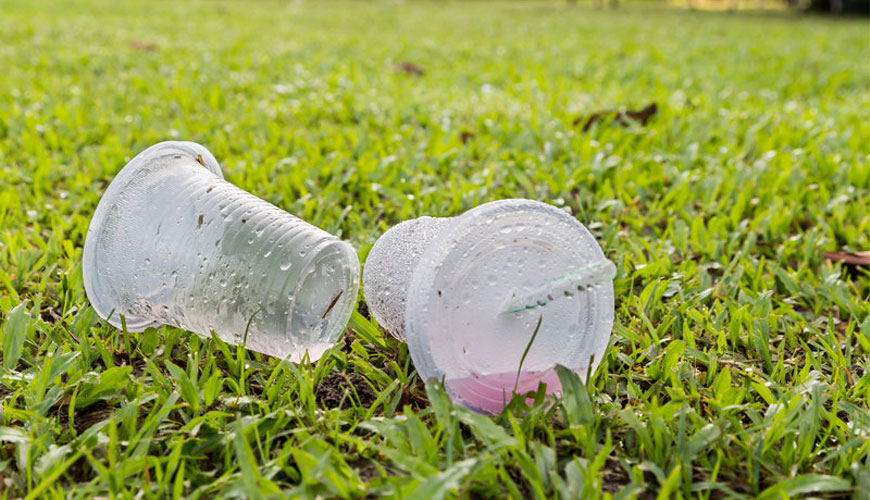

EUROLAB laboratory provides testing and compliance services within the scope of ISO 14855 standard. Developed by the International Organization for Standardization (ISO), the ISO 14855 standard specifies a method for determining the eventual aerobic biodegradability of plastics based on organic compounds by measuring the amount of carbon dioxide produced and the degree of decomposition of the plastic eventually, under controlled composting conditions.

This method is designed to simulate typical aerobic composting conditions for the organic portion of solid mixed municipal waste. The test material is exposed to an inoculum derived from compost. Composting takes place in an environment where temperature, ventilation and humidity are closely monitored and controlled.
The test method is designed to give the percent conversion of carbon in the test material to evolved carbon dioxide, as well as the conversion rate.
Also indicated is a variant of the method that uses a mineral bed (vermiculite) infused with thermophilic microorganisms obtained from compost with a certain activation phase, instead of mature compost. This variant is designed to give the percentage of carbon in the test substance converted to carbon dioxide and the conversion rate.
The main method outlined in this part of ISO 14855 uses a solid phase respirometric testing system based on mature compost used as a solid bed, a food source, and an inoculum rich in thermophilic microorganisms.
Mature compost is a very heterogeneous and complex material. Therefore, it can be difficult to determine the amount of residual polymeric material remaining in the bed at the end of the test, detect possible low molecular mass molecules released by the polymeric material into the solid bed during degradation, and evaluate biomass. As a result, it can be difficult to achieve a complete carbon balance.
Another challenge sometimes encountered with mature compost is the priming effect: organic matter present in large quantities in mature compost can undergo polymer-induced degradation, known as the primer effect, which affects the measurement of biodegradability.
To overcome these difficulties and increase the reliability of the method, mature compost can be replaced with a solid mineral medium used as a compost bed, thus facilitating analysis. This variant can be used to measure biodegradation in terms of CO2 formation, to measure and analyze biomass and residual polymeric material remaining in the solid bed at the end of the test, and to perform a complete carbon balance.
Also, the method is not significantly affected by the preparation effect and can therefore be used to evaluate materials known to cause this problem in mature compost. The mineral bed may also be subjected to ecotoxicological analysis to confirm the absence of any ecotoxic activity in the bed after biodegradation.
Sewage, activated sludge, soil and compost can contain potentially pathogenic organisms. Therefore, appropriate precautions should be taken when using them. Toxic test compounds and those whose properties are unknown should be used with caution.
Among the services provided by our organization within the framework of material testing services, there are also ISO 14855 standard tests. Do not hesitate to contact our laboratory EUROLAB for your testing and certification requests.
To get an appointment, to get more detailed information or to request an evaluation, you can ask us to fill in our form and reach you.